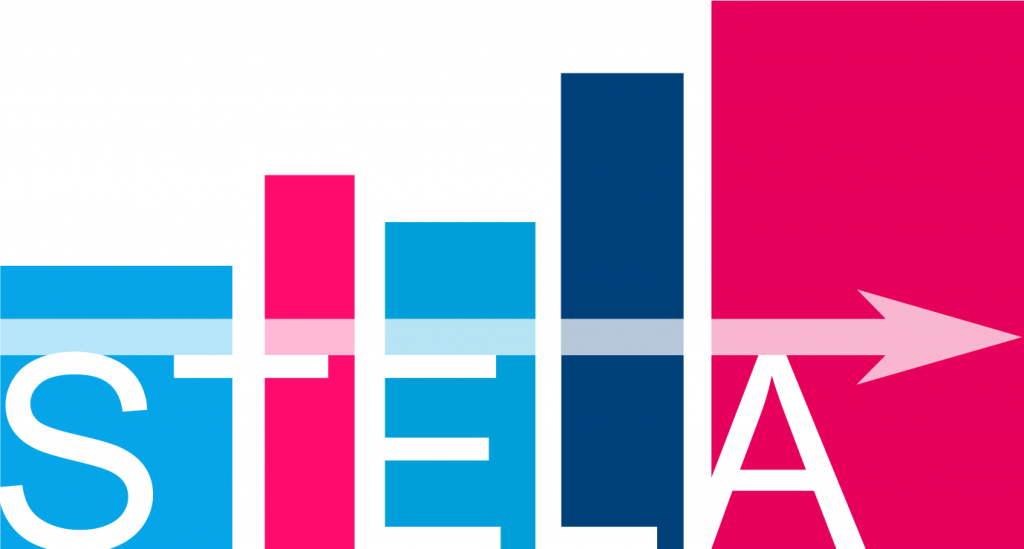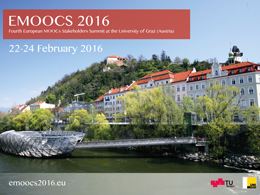At this year Ed-Media conference in Amsterdam we published our research work about „OER-Certification in Higher Education“.
Abstract:
Open Education Resources (OER) will play an important role in the future of higher education institutions at least in German-speaking countries. Due to the very strict copyright law OER seems to be the only possible solution in a long run. In this publication, we discuss the result of a nationwide special interest group (SIG) aiming to provide a nationwide strategy and solution for how higher education institutions can deal with this issue. A concept of OER certification will be presented, which is divided into two domains: The certification of the lecturers and the certification of the higher educations institutions themselves. In the end, the use of Open Badges is recommended as a certification method. The proposed concept can also be used by other institutions, independently of the education sector or the country.
Reference: Ebner, M. (2018). OER-Certification in Higher Education. In Proceedings of EdMedia: World Conference on Educational Media and Technology. pp. 1-6 Amsterdam, Netherlands: Association for the Advancement of Computing in Education (AACE)


